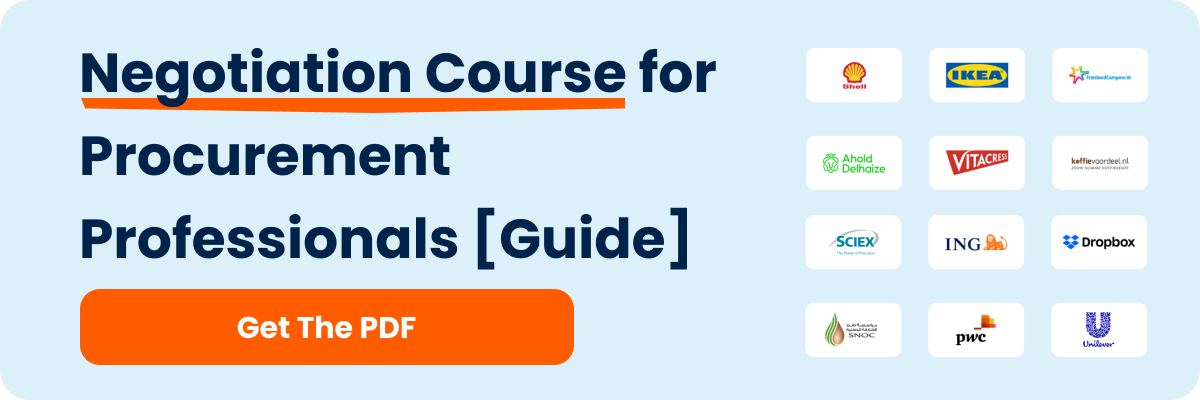Written by Marijn Overvest | Reviewed by Sjoerd Goedhart | Fact Checked by Ruud Emonds | Our editorial policy
13 Best Negotiators 2026 — Famous Experts

As taught in the Negotiation Course for Procurement Professionals / ★★★★★ 4.9 rating
Who are the best negotiators?
- The best negotiators are those who achieve win-win outcomes by balancing strong advocacy for their interests with addressing the other party’s needs.
- Procurement negotiators emphasize that effective negotiation helps reduce supplier expenses.
- Skilled negotiators focus on mutually beneficial agreements that build strong, long-term relationships with suppliers.
Who are the best negotiators and what can you learn from them?
Wondering what the best strategy for your upcoming deal is? Looking for inspiration? Learn from the best! Read and find out what we can learn from businessmen and former presidents from all over the world to close better deals today.


1. Warren Buffett
With an estimated wealth of $85.3 billion, he has made no enemies and can drive around freely in his modest 2006 Cadillac XTS without a security detail. Being extremely successful and well-liked by all is a super rare combination and one that is worth studying and learning.
Mr. Buffett is well known for doing his homework. He never relies on past experiences or sheer intuition, he studies. He has said his favorite activity is sitting in a quiet space, reading, and studying. Many experienced negotiators are often under-prepared; instead, they rely almost exclusively on history and their “gut”. This often backfires. Mr. Buffett knows that every negotiation is different, even if the negotiating parties are the same. He never trusts his past success to guarantee future success. This is very rare and admirable—and wise.
You can look at the many sage things he has said over the years.
What can we learn from Warren:
- Your integrity is very important: Warren Buffet is quoted as saying to Goldman Sachs employees, “I won’t fire you if you lose money, but I will if you lie.”
- Manage to stay humble!
- Finally, stay willing to take advice as well as give it.
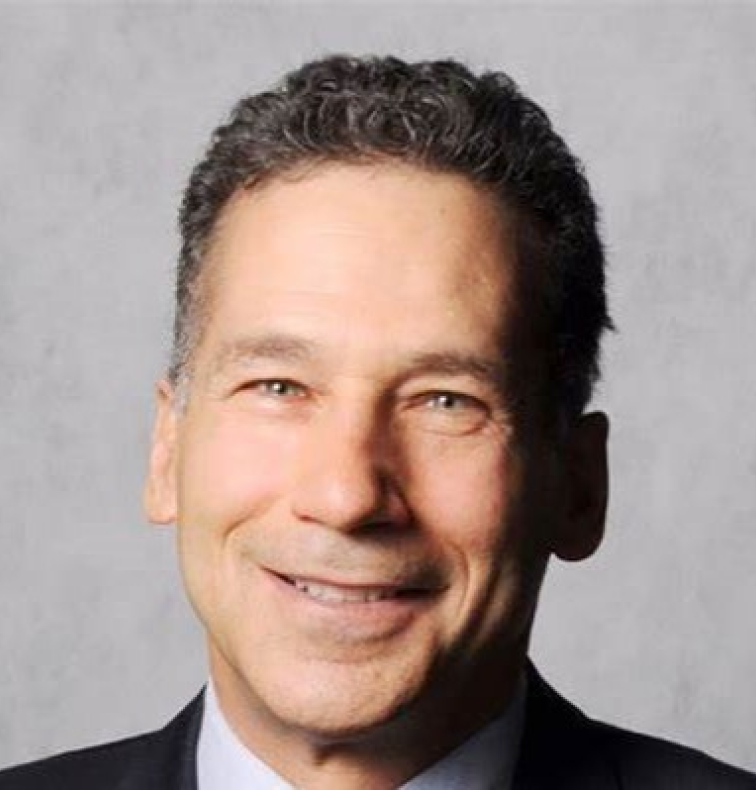
2. William Ury
When you’re the co-founder of the Harvard Program of Negotiation and also a distinguished fellow of the Harvard Negotiation Project, it’s hard to keep a low profile.
Over the years, William Ury has become known as one of the biggest & best negotiators in the world.
He has stepped in to settle all kinds of feuds, from disputes between corporate conglomerates to international conflicts in the Middle East. He’s been seen around at the White House a fair bit and he offers his expertise and training to a huge range of professionals, including business executives, business leaders, military officers, and corporate organizations.
What can we learn from William:
- The skill to negotiate is often broader than you expect: you can apply the skill in different sectors and situations
- Try to learn as soon as possible how to negotiate with persons from other cultures. Our article about how people around the globe negotiate will help you to learn more.
- Finally, like William, always aim for the highest!
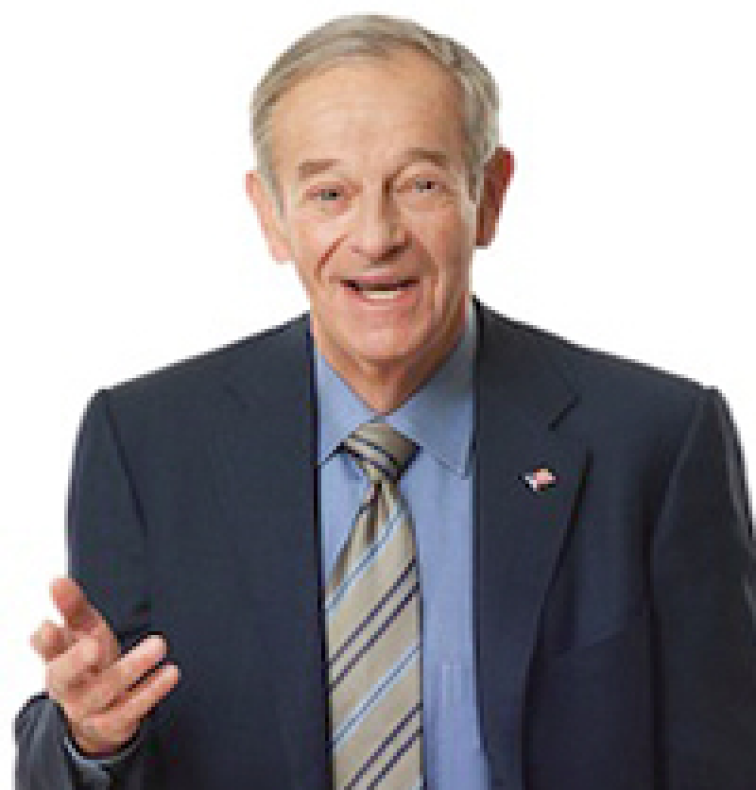
3. Herb Cohen
For more than three decades, Herb Cohen has been a practicing negotiator, intimately enmeshed in some of the world’s headline dramas from hostile takeovers to hostage negotiations.His clients have included business executives, entrepreneurs, sports and theatrical agents plus large corporations – as well as governmental agencies, such as the Department of State, FBI, CIA, The US Conference of Mayors, and US Department of Justice.
Unlike some theorists, he was actively involved in the negotiations that settled the NFL players’ strike and the General Motors Chevy mobile litigation and also participated in the START Arms Control Negotiations with the Soviet Union. He started formally teaching the subject of negotiations during a two-week course for attorneys in 1963 sponsored by Allstate Insurance Company. It was then he first used the terms “Win-Win. Win-Lose, Lose-Lose”.
What can we learn from Herb:
- Make sure you keep up to date with the latest theory & negotiation trends but never stop negotiating yourself
- Follow your heart: Herb used his skills to support groups he had sympathy for

4. Theodore Roosevelt
Teddy Roosevelt is well known for many things; his “Citizen in a Republic Speech” is one of the most famous in American history. He also famously delivered a 90-minute speech soon after he was shot by an innkeeper in 1912. “It takes more than that to kill a bull moose,” he reassured his audience, referring to the name of his Progressive Independent party.
Roosevelt was just that – as stubborn as a bull moose, unwilling to budge on the issues that were important to him. He also was famed for his soft side – in fact, his act of mercy toward a wounded black bear on a hunting trip made him the subject of jokes in the press and led to the creation of the “Teddy Bear.”
What can we learn from Theodore:
- Pick your battles: try to move as little as possible on variables that are important for your negotiation outcome
- Show compassion in the dealmaking process, especially in negotiations between parties that have a long-term relationship.

5. Sheryl Sandberg
“Lean in, but don’t forget to lift others with you.” Sheryl Sandberg didn’t just climb the corporate ladder; she transformed it. As a COO of Facebook, Sanderberg helped the company to become one of the most profitable tech giants in the world. Her negotiation skills were instrumental in building groundbreaking partnerships and shaping Facebook’s advertising model, the backbone of its revenue.
Sandberg’s ability to balance pragmatism with empathy and to find win-win solutions created trust and growth for all parties involved.
Beyond her corporate achievements, Sandberg has become a global advocate for gender equity and inclusive leadership. Through her writing, public speaking, and mentorship, she has inspired millions to break barriers and challenge biases in the workplace.
Sheryl Sandberg’s story is a powerful reminder that success is about lifting others as you rise and building a legacy of collaboration and equity.
What can we learn from Sheryl:
- Approach negotiations with empathy and pragmatism.
- Focus on creating win-win outcomes.
- Use your platform to advocate for equality and inclusion.
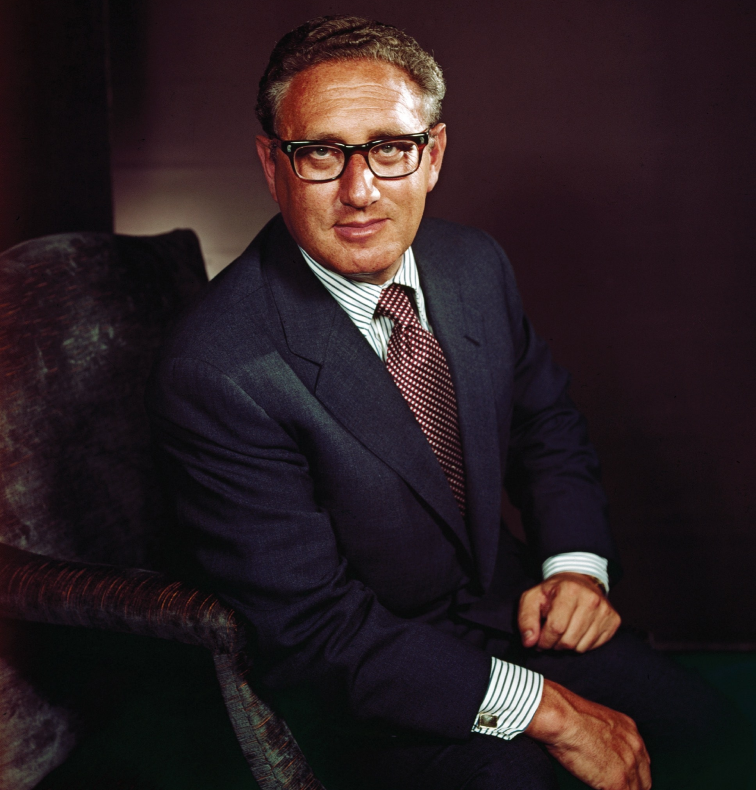
6. Henry Kissinger
Members of the Nixon administration will go down in history for many things, but only few of them are positive. Henry Kissinger, however, is a notable exception. In his capacity as Secretary of State and National Security Advisor to both the Nixon Administration and Ford Administration, Kissinger weathered adversity and came out on top. From establishing diplomatic relations with China to diffusing geopolitical tensions with the Soviet Union, his actions ushered in peace in a time of American discord.
The world’s best negotiators altered the course of global history, whether through toppling evil governments or preventing potential war. Though we may not think about it often, these negotiators prevented bloodshed and ushered in eras of peace, both in America and around the world.
What we can learn from Henry:
- Invest in your relationship with clients: people negotiate, not companies!
- Switch between zooming in and out during your negotiation: this was one of the top tricks Henry Kissinger to achieve his deals
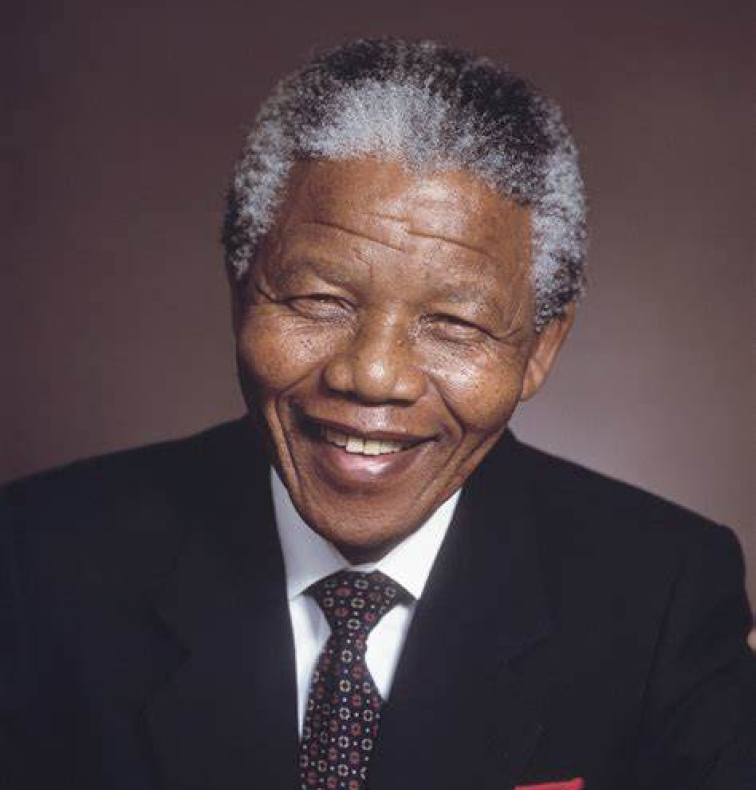
7. Nelson Mandela
The late Nelson Mandela will certainly be remembered as one of the best negotiators in history. He was “the greatest negotiator of the twentieth century,” wrote Harvard Law School professor and Program on Negotiation Chairman Robert H. Mnookin. In his chapter on Mandela, Mnookin cites Mandela’s patience, tenacity, pragmatism, and strategic thinking: “He rejected the simple-minded notion that one must either negotiate with the Devil or forcibly resist. He did both.
He was willing to make concessions, but not about what was most important to him. With respect to his key political principles, he was unmovable.”
What we can learn from Nelson:
- Keep the end in mind and keep your patience: it took Nelson Mandela decades to achieve his goals
- Make concessions in order to achieve your desired outcome of the negotiation. To learn more about this, check our Negotiation Concessions article.
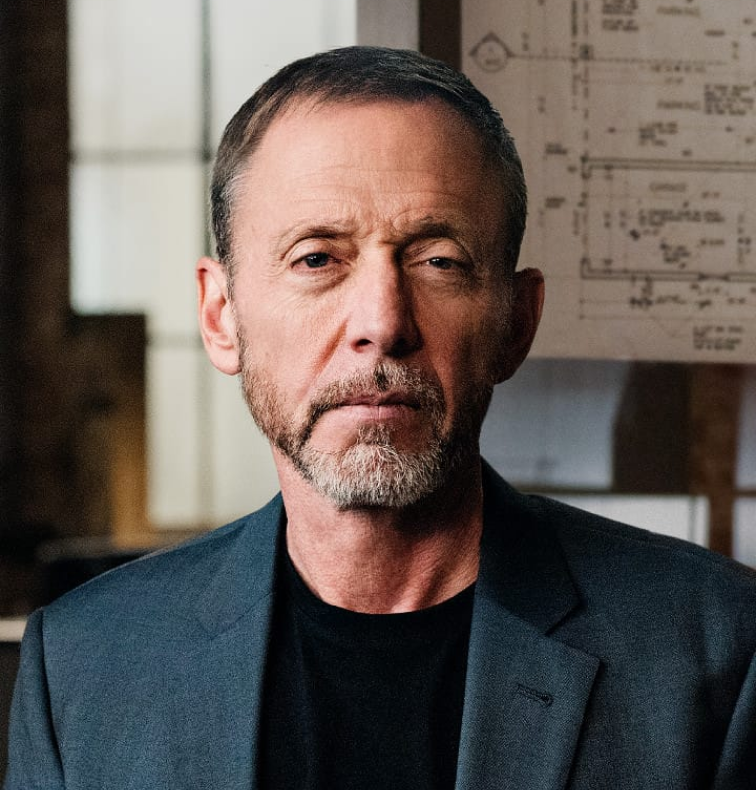
8. Chris Voss
“It’s not me bringing emotion in; it’s already there, It’s the elephant in the room. There’s this monstrous creature in the middle of every negotiation: It’s what we want, and it’s based on what we care about. Each one of us makes every single decision based on what we care about, and that makes decision-making, by definition, an emotional process.”
Voss spent more than two decades in the FBI, during which he worked on more than 150 international hostage cases. Eventually, he was chosen among thousands of agents to serve as the FBI’s lead international kidnapping negotiator–a position he held for four years.
Voss fine-tuned his negotiation methods over the years, allowing him to save hundreds of lives. For example, Voss recalled one day in 1998, standing in a narrow hallway outside an apartment in Harlem in New York City.
Three heavily armed fugitives were inside. Voss’s job: convince the fugitives to give up without a fight and with no telephone number to call, Voss was forced to speak through the apartment door. He did so for six hours, with no response.
He began to question if anyone was even inside. Suddenly, the door opened. A woman walked out, followed by all three fugitives. Not a single shot was fired. No loss of life. Not even a harsh word. How did he do it?
Using what he describes as his “late-night FM DJ voice,” Voss repeated variations of the following: “It looks like you don’t want to come out. It seems like you worry that if you open the door, we’ll come in with guns blazing. It looks like you don’t want to go back to jail.”
Afterward, Voss was curious as to what specifically convinced the fugitives to emerge.
“We didn’t want to get caught or get shot, but you calmed us down,” they said. “We finally believed you wouldn’t go away, so we just came out.” This story perfectly illustrates the value of emotional intelligence, the ability to identify, understand, and manage emotions.
That’s why many people consider him the best negotiator in the world.
What we can learn from Chris:
- No person on earth is capable of closing a deal only based on the ratio
- Your understanding of Psychology and Interrelational contact has a great impact on real results. Learn more in our article Principles of Persuasion
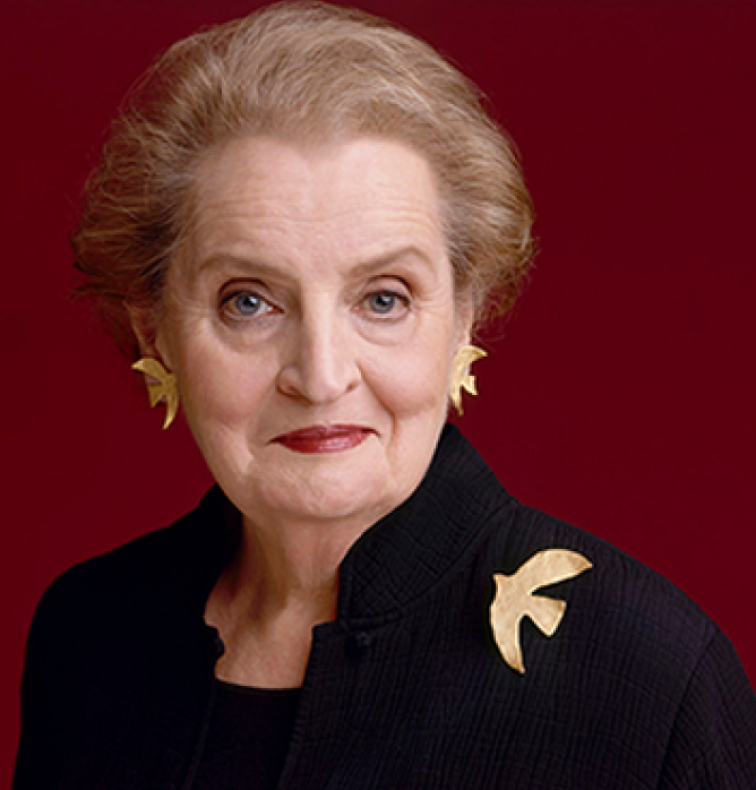
9. Madeleine Albright
“Negotiation isn’t about being nice; it’s about being smart.” Madeleine Albright embodied this philosophy throughout her career as the first female U.S. Secretary of State and became a key figure in international diplomacy.
Her leadership during the Kosovo War showcased her exceptional negotiation skills balancing firmness with cultural sensitivity to broker peace in one of the most volatile regions of the world. Her ability to disarm opponents with wit and secure agreements that prioritized peace made her a respected figure on the global stage.
Albright’s approach was deeply rooted in preparation and understanding. She studied the histories and motivations of all parties, ensuring that every negotiation was both empathetic and effective. Her leadership proves that decisiveness and compassion could coexist
Through her efforts, Albright reshaped perceptions of women in leadership and inspired a lot of future diplomats to approach negotiations with courage, intellect, and resilience.
What can we learn from Madeleine:
- Be bold but culturally aware.
- Prepare meticulously for every negotiation.
- Use diplomacy as a tool for sustainable peace and progress.
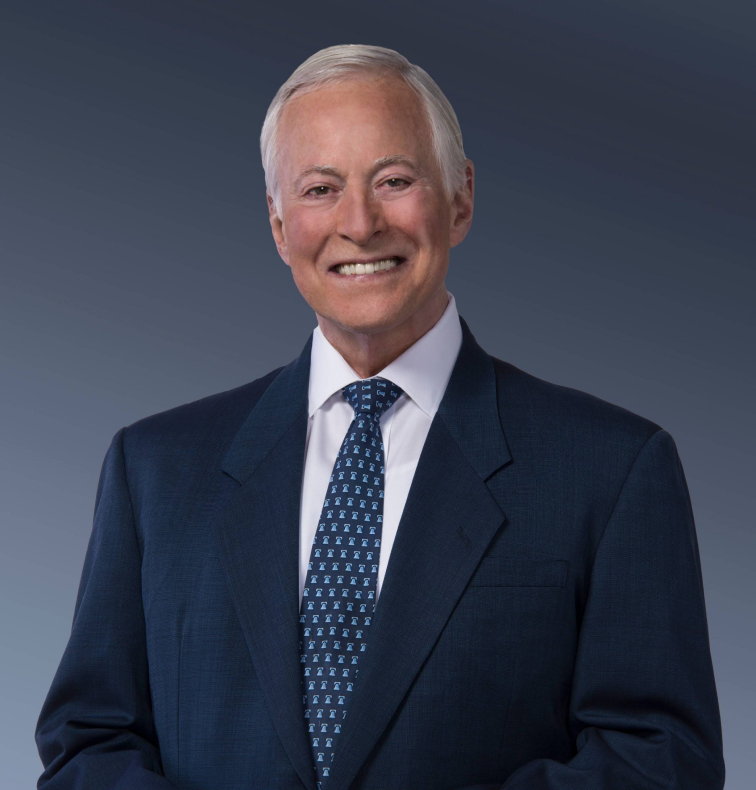
10. Brian Tracy
Brian Tracy is the CEO of Brian Tracy International, a company that specializes in the training and development of individuals and organizations.
His goal is to help people achieve their personal and business goals faster and easier than anyone can imagine.
He has consulted more than 1,000 companies and addressed more than 5 million people in his seminars throughout Canada and the US.
Additionally, he has studied, written, researched, and spoken for 30 years in the fields of history, economics, philosophy, business, and psychology.
What can we learn from Brian:
- Take responsibility to lead your life
- In one of his books, we can learn from him that you should leverage the law of reciprocity.
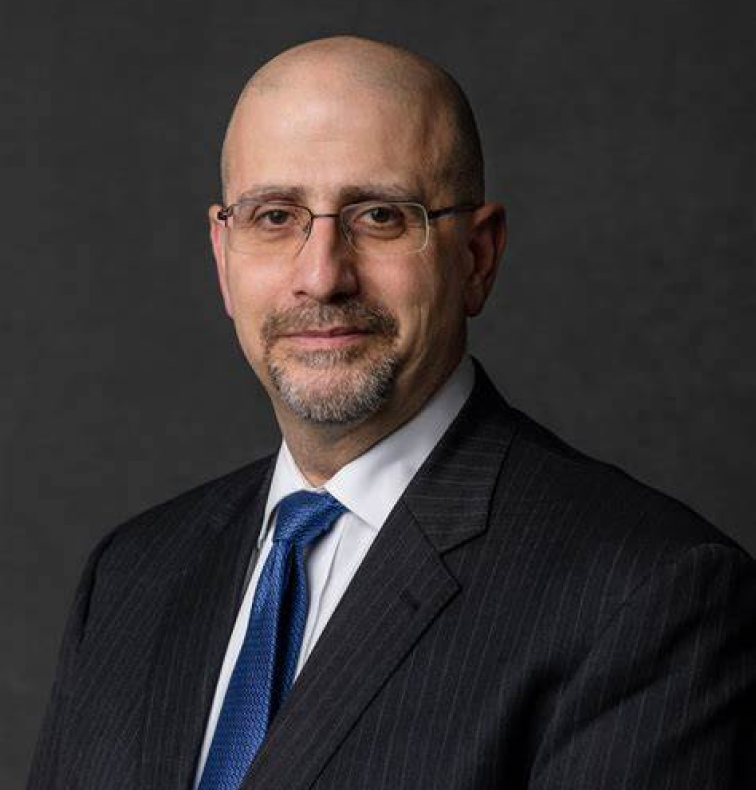
11. Daniel Shapiro
Daniel Shapiro is the founder and director of the Harvard International Negotiation Program, associate professor in psychology at Harvard Medical School, and affiliate faculty at the Program on Negotiation at Harvard Law School.
He is also named one of the top 15 professors at Harvard University. He consults regularly with various government leaders and Fortune 500 companies. Also, he has launched successful conflict resolution initiatives in the Middle East, East Asia, and Europe, and chaired the World Economic Forum’s Global Agenda Council on Conflict Resolution.
Additionally, he is a recipient of numerous awards such as the American Psychological Association’s Early Career Award and Cloke-Millen Peacemaker of the Year Award.
What can we learn from Daniel:
- In order to move past a gridlock, the first step in empathy
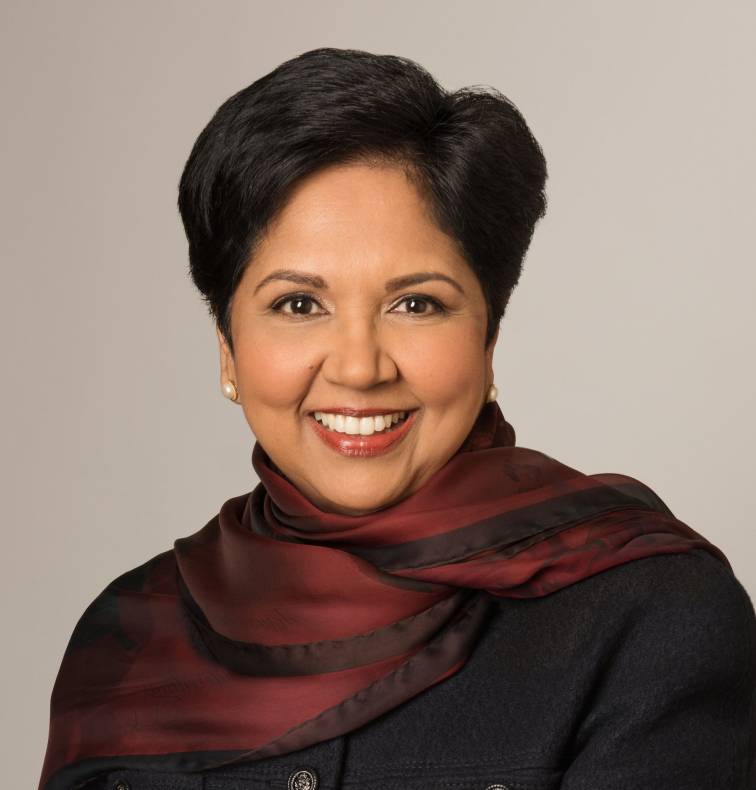
12. Indra Nooyi
Indra Nooyi is the former CEO of PepsiCo. She is known for her ability to think big. During her tenure, she transformed the company into a global powerhouse while ensuring sustainability and social responsibility. Her strategic focus on “Peformance with Purpose” revolutionized PepsiCo’s business model and proved that corporate success and social responsibility can go hand in hand.
Nooyi’s leadership style was marked by deep empathy and authenticity. She built strong relationships with stakeholders, creating trust through her transparent and collaborative approach. As a skilled negotiator, she balanced tough decisions with a personal touch, ensuring long-term growth for the company
What can we learn from Theodore:
- Embrace purpose-driven leadership: Align your business goals with societal impact.
- Build trust through transparency and authenticity.
- Be bold enough to challenge the status quo while maintaining a clear vision.

13. Marijn Overvest
Of course, we will include our founder as one of the best negotiators . He has more than 20 years of experience in procurement and negotiations.
Additionally, throughout his journey as a procurement and negotiation professional, he has closed over €200 million in deals with suppliers like Unilever, Heinz, and Pepsico.
Marijn Overvest has founded Procurement Tactics to help procurement professionals in their profession and achieve their dreams in closing every deal that they will make.
Additionally, he has been working with both large and small companies e.g. Shell, and Walmart; he also is a popular keynote speaker at global procurement events.
What can we learn from Marijn:
-
- Understanding the other party’s position and desire through empathic negotiation design is the key to any successful negotiation.
- Being unpredictable is one important skill in any negotiation
Pro Tip: Inspiration is powerful—but transformation comes from practice. After studying great negotiators, start applying one insight per negotiation and track how it impacts your outcomes.
⭢ You’ll learn how to systematize these tactics in our Negotiation Course for Procurement Professionals—where theory meets real-world mastery.
Procurement Expert’s Insights About Having The Qualities of a Seasoned Negotiator
For this article, we asked an experienced procurement expert to share her insights about having the qualities of a best negotiator.
Hilce Vallenilla
Procurement Manager, Sanofi
LinkedIn Profile: linkedin.com/in/hilce-vallenilla
1. From your experience, what did you learn to become the best negotiator?
When it comes to improving your negotiation skills, it’s essential to keep in mind some key factors.
Firstly, listen carefully to understand the other person’s perspective.
Secondly, be able to handle emotions tactfully during the negotiation process.
Lastly, always prioritize understanding the other party’s point of view.
These qualities are often what sets successful negotiators apart. Make sure to incorporate these practices into your own negotiation approach and you’ll be well on your way to becoming a skilled negotiator.
2. What tips can you give procurement professionals to be the best negotiators?
Start by making active listening to your initial focus—really tune in to understand the other party’s expectations and interests. Let empathy and assertiveness guide your approach as you navigate the negotiation. Personally, I’ve found that patience is a valuable skill; I try to avoid negotiating against the clock to allow for more thoughtful and strategic decision-making.
3. Can you give us examples of the negotiators that inspired you to become a negotiator as well?
Nelson Mandela
Conclusion
These top-notch negotiators each have their own style. And that’s for a reason. You should learn from the best but always pay attention to your preferences and personality.
I want to share that I have created a free-to-download negotiation-style template. It’s a PDF file that can help you assess your main negotiation style.
Frequentlyasked questions
Who is considered the best negotiator of all time?
Effective negotiation styles vary, making it difficult to identify a single “best” negotiator. However, individuals such as Nelson Mandela, Henry Kissinger, and Warren Buffett are often recognized for their exceptional negotiation skills.
Can negotiation skills be learned or are they innate?
While negotiation skills may come naturally to some, they can be learned and improved through training and experience.
How can I learn from the best negotiators if I don't have direct access to them?
You can gain valuable insights into successful negotiators by analyzing their strategies, experiences, and challenges through books, biographies, documentaries, and interviews.
About the author
My name is Marijn Overvest, I’m the founder of Procurement Tactics. I have a deep passion for procurement, and I’ve upskilled over 200 procurement teams from all over the world. When I’m not working, I love running and cycling.





